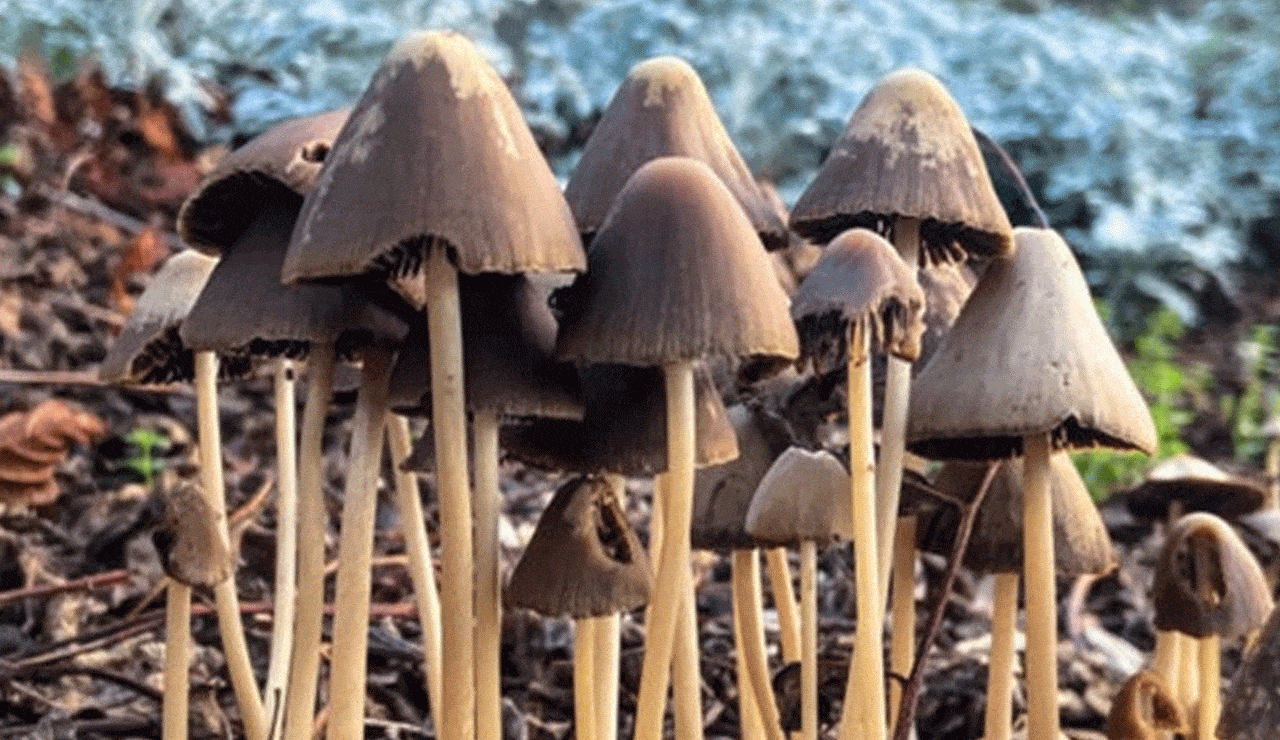Can mushrooms help boost health in Parkinson’s patients?
Psilocybin, a naturally occurring psychedelic compound found in certain mushrooms, is showing potential benefits beyond its known effects on depression and anxiety.

New Delhi: Psilocybin, a naturally occurring psychedelic compound found in certain mushrooms, is showing potential benefits beyond its known effects on depression and anxiety. A new study suggests it may also improve mood and motor function in patients with Parkinson’s disease.
Table of Contents
Study Conducted by University of California San Francisco
Researchers from UCSF conducted a pilot study on 12 individuals — seven men and five women — diagnosed with mild to moderate Parkinson’s disease. Participants received a 10 mg dose of psilocybin, followed two weeks later by a 25 mg dose.
Also Read: Stock Market Holiday: Will NSE and BSE Remain Close on May 1? Here’s details
Clinically Significant Improvements Observed
Published in the journal Neuropsychopharmacology, the study found no serious side effects or worsening of Parkinson’s symptoms. Instead, participants showed clinically significant improvements in:
- Mood
- Cognitive function
- Motor skills
These benefits lasted for several weeks even after the drug had cleared from their systems.
First Psychedelic Trial for a Neurodegenerative Disease
This research marks the first time a psychedelic drug has been tested on patients with a neurodegenerative condition. Lead researcher Ellen Bradley, assistant professor and associate director of UCSF’s Translational Psychedelic Research Programme (TrPR), said the results exceeded expectations.
“Many people don’t realise this, but mood symptoms in Parkinson’s are linked to a faster physical decline,” said Bradley.
“They are actually a stronger predictor of patients’ quality of life with Parkinson’s than their motor symptoms.”
Why Mood Symptoms Matter in Parkinson’s
Parkinson’s disease is a progressive disorder of the nervous system, leading to uncontrolled movements due to abnormal brain activity. While medications like levodopa help manage symptoms, there is no known cure or approved treatment to slow or reverse the disease.
Mood-related symptoms, such as anxiety and depression, often occur years before motor symptoms and may not respond well to conventional antidepressants. The researchers believe that these mood issues could be tied directly to the neurodegenerative process.
